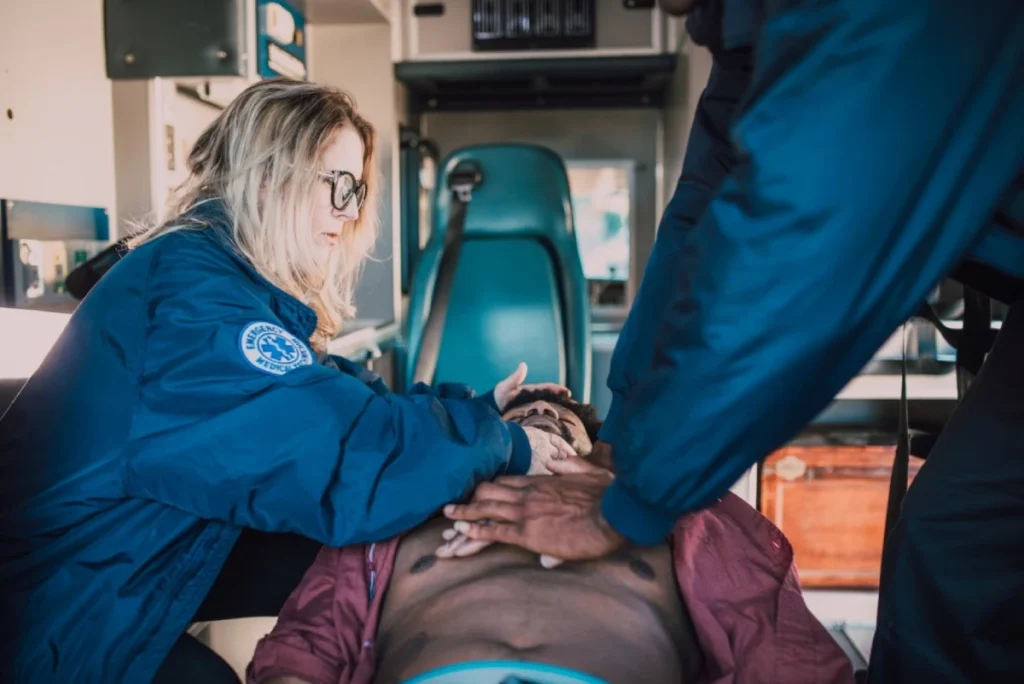Every year, thousands of people complete CPR courses, enabling them to respond effectively in emergencies. But with many options available, how do you know which CPR course is right for you? Understanding your needs and goals is key to making the best choice.
Selecting the right CPR course can not only equip you with essential life-saving skills but also boost confidence in real-life situations.
Understanding CPR and Its Importance
Cardiopulmonary resuscitation (CPR) is a vital skill that can save lives in emergencies like heart attacks or drowning. Understanding how to perform CPR can mean the difference between life and death.
Providing CPR right away can double or even triple a person’s chances of survival. For this reason, learning basic CPR skills is extremely valuable whether you’re a parent, teacher, or simply someone who wants to be ready for emergencies.
Identify Your Goals and Needs
Before diving into course options, take a moment to consider why you want to learn CPR. Are you seeking a certification for a job? Or perhaps you want to feel more confident in handling emergencies at home or during sports activities?
Identifying your specific needs can help narrow down your choices. For instance, healthcare professionals or babysitters might require different training and certifications than general consumers.
Types of CPR Courses Available
There are several types of CPR courses available, each designed for different audiences. Here are a few key options:
Basic CPR Training
This course is perfect for individuals with little or no prior experience. It covers essential techniques such as adult CPR, child CPR, and rescue breathing. Participants learn the basic steps needed to respond quickly and effectively during common emergencies.
Advanced CPR Courses
These courses are tailored for healthcare professionals and emergency responders. They include advanced topics like airway management, the use of medical equipment, and the administration of life-saving medications. Learners gain a more comprehensive understanding of CPR procedures for complex medical situations.
Specialized CPR Training
Some CPR courses are customized for specific groups, such as infants, children, or athletes. They teach techniques suited to the physical needs and risks associated with each group. This targeted approach ensures responders can act confidently in specialized emergency scenarios.
Consider Course Format and Location
Another factor to take into account is the course format. Many CPR courses are available in-person or online. In-person training often provides hands-on experience, whereas online courses may allow for greater flexibility in scheduling.
Location is also important. If you choose an in-person course, ensure it is easy to access. Some providers may offer courses in local community centers, hospitals, or even online sessions. Once you’ve made your choice, visit Cprcertificationnow.com to enroll and start your journey in mastering CPR today!
Cost and Certification
Cost can vary significantly between different CPR courses. While it may be tempting to choose the cheapest option, remember that quality instruction is crucial. Consider the value of the training you will receive rather than just the price.
Many courses provide certification that is valid for two years, so be sure to ask about this when comparing options. Certification can boost confidence and show potential employers your commitment to safety.
Making Your Decision
Once you’ve gathered all the information, take some time to compare your options. Consider your goals, the course content, costs, and the training provider.
Chat with friends or family who have taken CPR courses for recommendations. They may have insights that help in your selection process.

